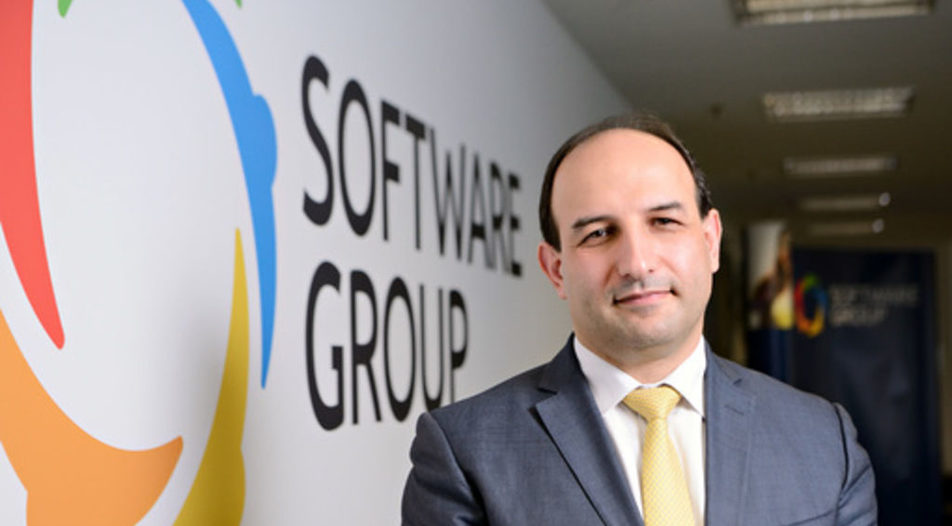The Digital Revolution has opened plenty of opportunities for advancements in the past decades. It has transformed the way we communicate, store data and generally do business. It has also revolutionized the financial sector providing people in remote locations with an opportunity for a better life.
Access to credit and financial services helps lift people out of extreme poverty. Microfinance business model has proven to be successful, so it is time financial service providers to get involved.
Elevating Financial Inclusion through digital channels
According to the recently published CSRI Global Wealth Report, the total global wealth has now reached USD 280 trillion increasing its value by 27% compared to 10 years ago. The global wealth should continue to grow at the same pace, whereas emerging economies are expected to generate wealth at a much faster pace than developed ones.
While the global economy is growing stronger, The World Bank reports that 2 billion people around the world still do not have access to a basic bank account. They are excluded from the financial economy without any opportunities to receive basic financial services.
Hence, they are not able to take advantage of opportunities, which increase their savings or build credit and to invest in small business or education - all prerequisites for sustaining a better living for future generations.
With physical branches sometimes located hours away, digital technologies can help overcome these obstacles and bring financial services to the above-mentioned 2 billion people. According to the State of the Industry Report on Mobile Money, digital financial services are already active in 92 countries and according to The World Bank, over 90% of the world's poor are covered by а mobile signal. According to GSMA's Global Economy 2017 report the spread of mobile and digital technologies offers a transformative opportunity to achieve developments aims and improve access to a range of life-enhancing services.
In fact, it's estimated that by 2025, thanks to digital financial services:
• Around 1.6 billion of the underprivileged people will already be included in the formal economy • 96 million jobs will be opened in the developing countries• The GDP of developing countries will grow by $3.7 trillion
The Future of Banking
The digital financial services have been gaining momentum not just in developing countries but all over the world. Today's customers expect fast banking services available at the palm of their hand wherever they are. Led by convenience, they are demanding financial services, which are anytime, anywhere.
Now, thanks to PSD2, very soon a payment will be as easy as sending an emoji in Facebook Messenger. No need to have or send bank details, no additional service charges.
Under these new regulations, banks will lose one of their most important assets - ownership of their customers' account and transaction data. Instead, they now have to give authorized third-parties access to them. It's up to the banks to step up to the challenge and reinvent themselves as technology innovators, so they can compete with this new-emerging threat. Either by developing new services based on their vast insight into the customers' behavior or by partnering with FinTechs, or both, their operations will change.
In five years, banks will still be standing, but one thing is for sure - their business model will inevitably evolve and transform.
Software Group Driving Digital Inclusion Worldwide
Software Group is a global technology company established in 2009 with its headquarters in Sofia, Bulgaria. The team consists of about 400 professionals working from 9 countries on 6 continents. Since the company's establishment Software Group has implemented more than 450 projects in over 65 countries. Its main operations include the development of innovative software solutions facilitating access to financial instruments and increasing the efficiency of the financial institutions. The company provides solutions for alternative delivery channels, among which integration platform, agency banking, digital field application, payment switch, mobile wallet, etc.
Kalin Radev, founder and CEO of Software Group, shares his thoughts on the future of the digital financial services.
The Digital Revolution has opened plenty of opportunities for advancements in the past decades. It has transformed the way we communicate, store data and generally do business. It has also revolutionized the financial sector providing people in remote locations with an opportunity for a better life.
Access to credit and financial services helps lift people out of extreme poverty. Microfinance business model has proven to be successful, so it is time financial service providers to get involved.












